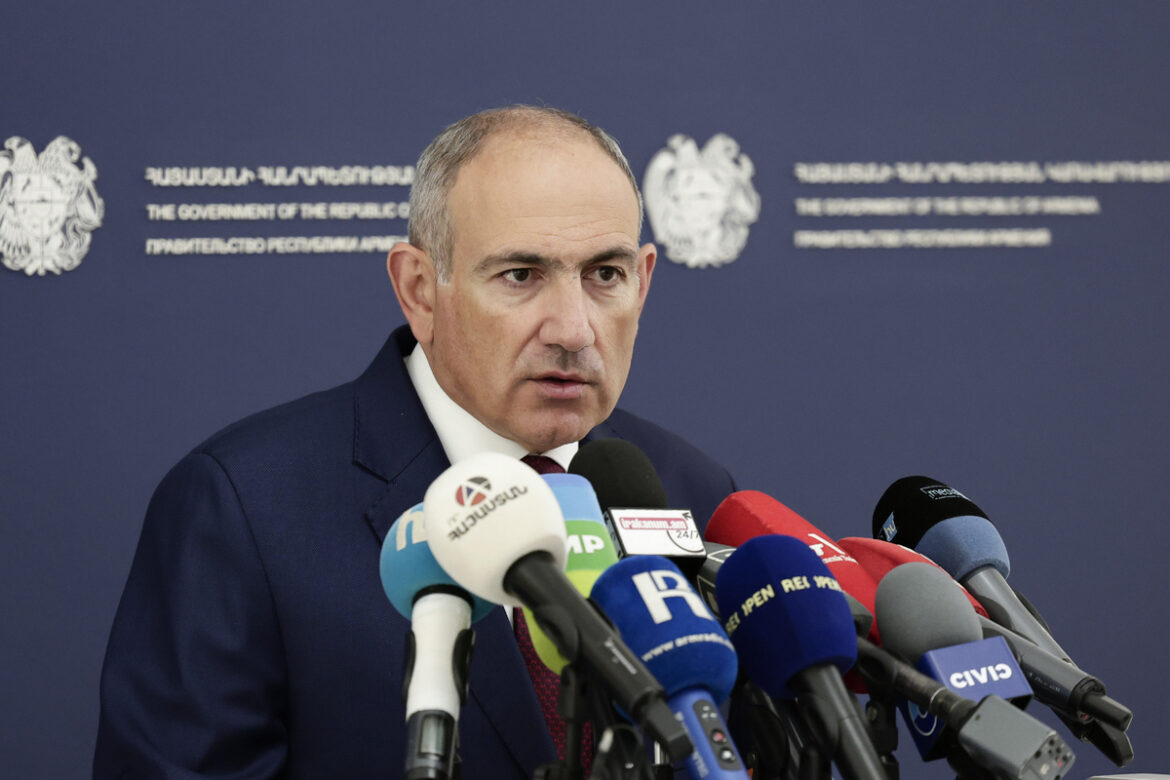Less than a week after an opposition mayor was gunned down under suspicious circumstances, Prime Minister Nikol Pashinyan took the rostrum in parliament and promised to “throw out” Gyumri’s newly elected mayor, Vartan Ghukasyan—a leader who came to office only because Civil Contract lost the local election. In a country still reeling, the message could not be clearer: dissent will be punished, and ballots that don’t favor the ruling party will be treated as provisional.
Pressed by a loyalist MP who accused Ghukasyan of “pro-Russian” statements and of taking credit for state-funded projects, Pashinyan declared:
“We must throw out those who make statements against the sovereignty of the Republic of Armenia from the political and public arena through political methods and those methods that are applicable in a democratic country. I am convinced that this will happen.”
This is what passes for “democratic methods” under Civil Contract: the head of government announcing, from the highest podium in the land, that an opposition mayor—duly selected by Gyumri’s council after the March 30 vote—will be expelled from public life. Coming days after the killing of an opposition mayor, the threat reads not as rhetoric but as regime doctrine. Even if the authorities disclaim any link to that crime, the sequence is chilling: first the blood, then the broom.
Ghukasyan, 64, who previously governed Gyumri (1999–2012), has criticized Pashinyan’s foreign policy as pro-Turkish and argued for repairing and deepening ties with Russia. That is a political position shared by a significant portion of the electorate—and precisely the sort of debate a democracy must host, not criminalize. Yet instead of answering with policy, Pashinyan waved away the March 30 result as tainted by “election bribes” and mused about new “mechanisms” to prevent such outcomes in future. Translation: if voters won’t choose Civil Contract, adjust the system until they do.
Meanwhile, prosecutors have dusted off or devised a carousel of cases around Ghukasyan’s family. His son Spartak was detained on extortion charges, then placed under house arrest; Ghukasyan calls the cases political pressure and vows not to bend. Notably, none of these charges pertains to the vote-buying the prime minister now cites to cast doubt on Gyumri’s result.
This is the pattern: smear, investigate, intimidate—and when an election breaks the wrong way, delegitimize it. Civil Contract advertises itself as transparent and people-first; in practice, it treats citizens as a nuisance to be managed and opponents as contaminants to be “thrown out.” The party that claims to safeguard Armenia’s sovereignty cannot abide the sovereignty of voters in Gyumri.
Armenia deserves more than rule by innuendo and threat. If Pashinyan truly believes in “methods applicable in a democratic country,” he can start by accepting the Gyumri result, debating Ghukasyan on policy rather than loyalty, and condemning—with specifics and action—the climate of intimidation that now shadows opposition officials, including last week’s slain mayor. Anything less is not democracy defending itself; it is power defending itself from democracy.




